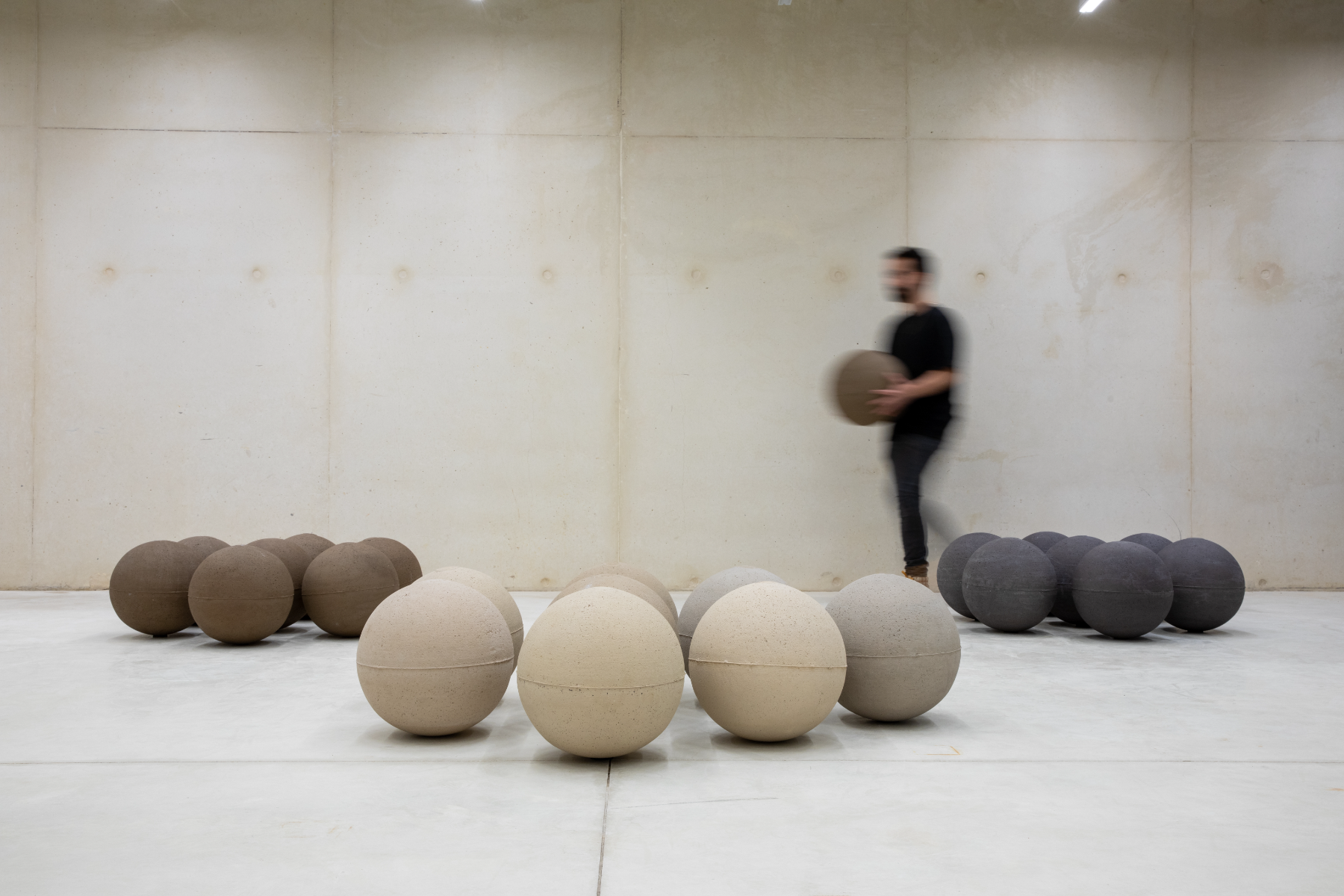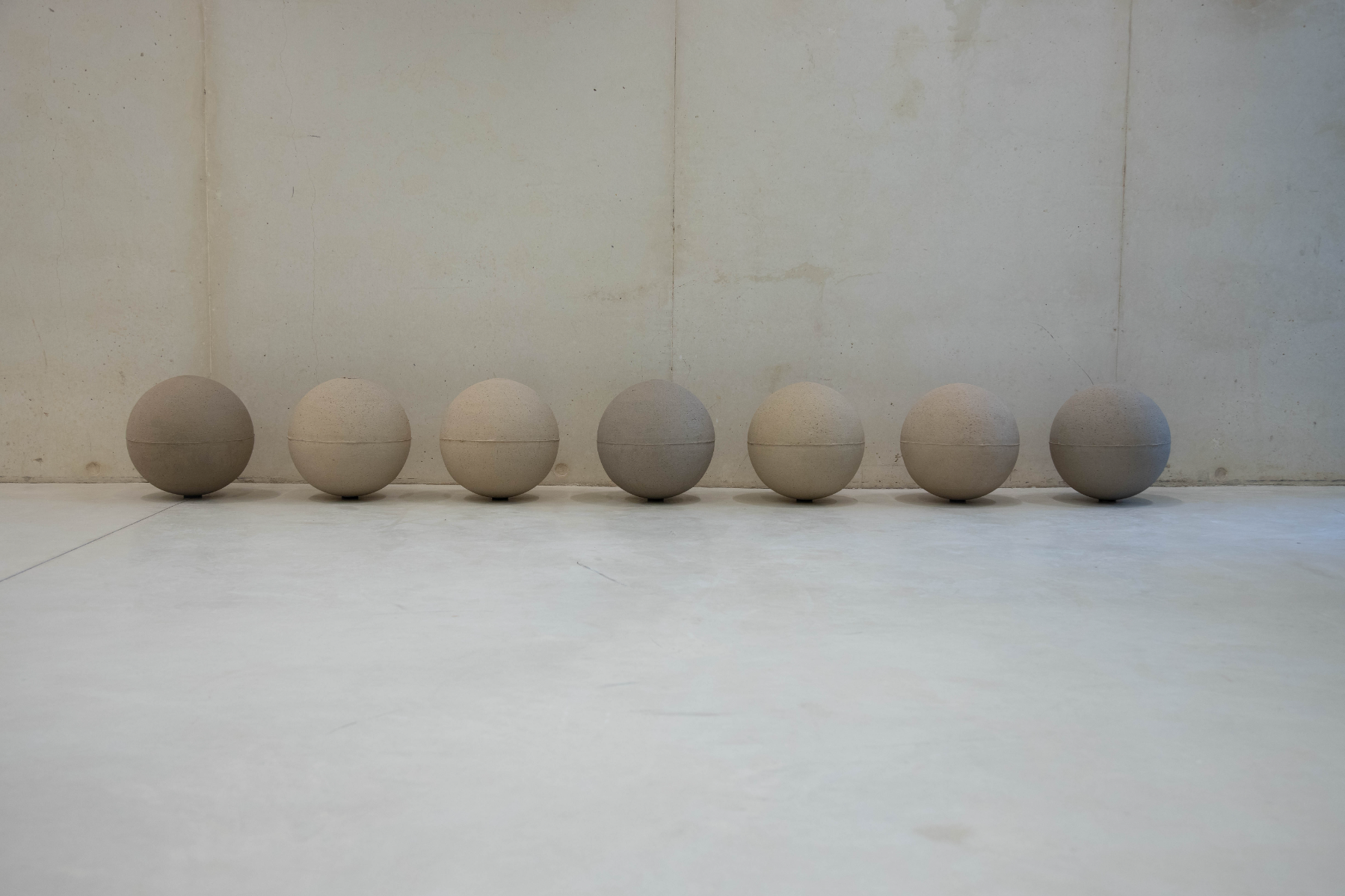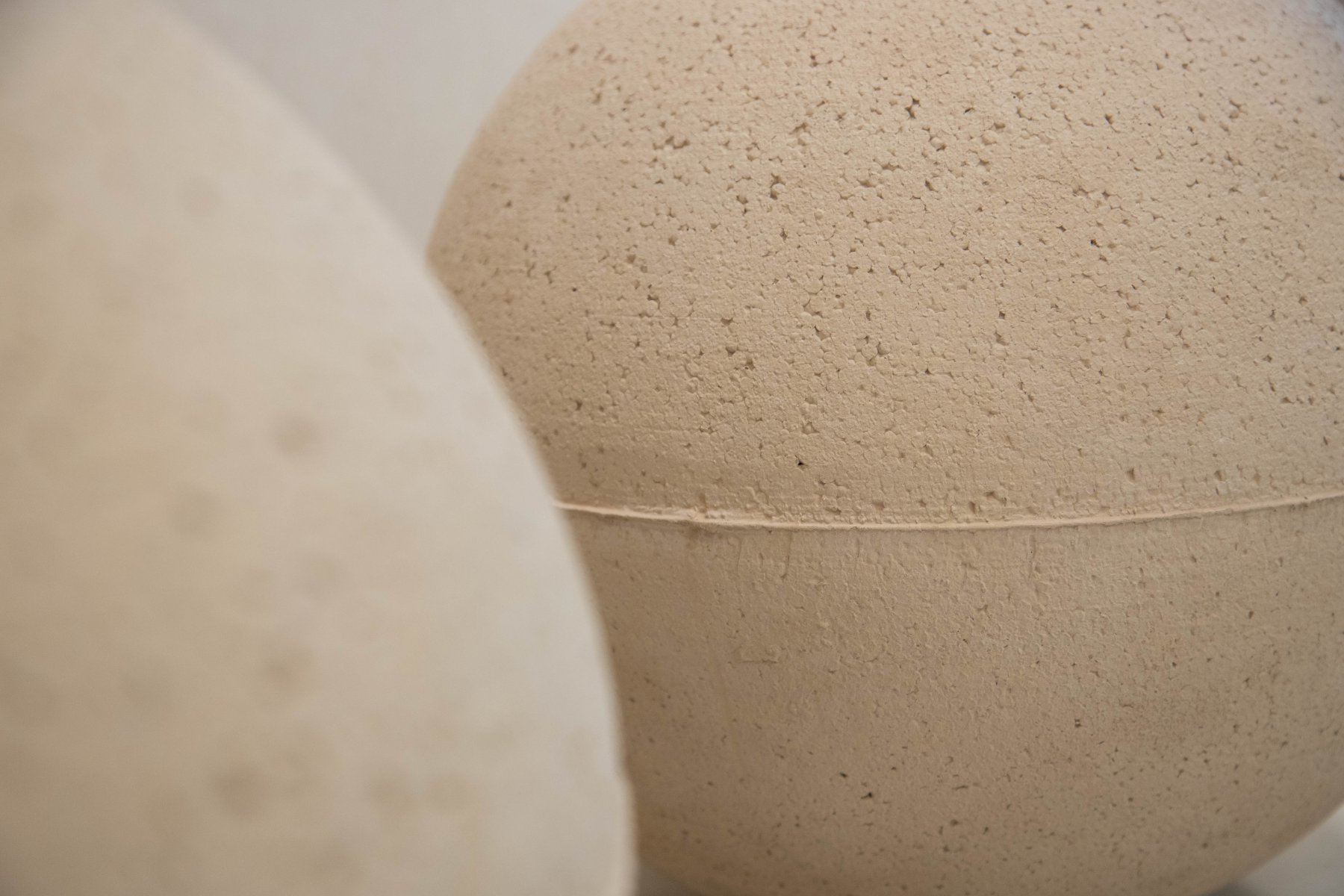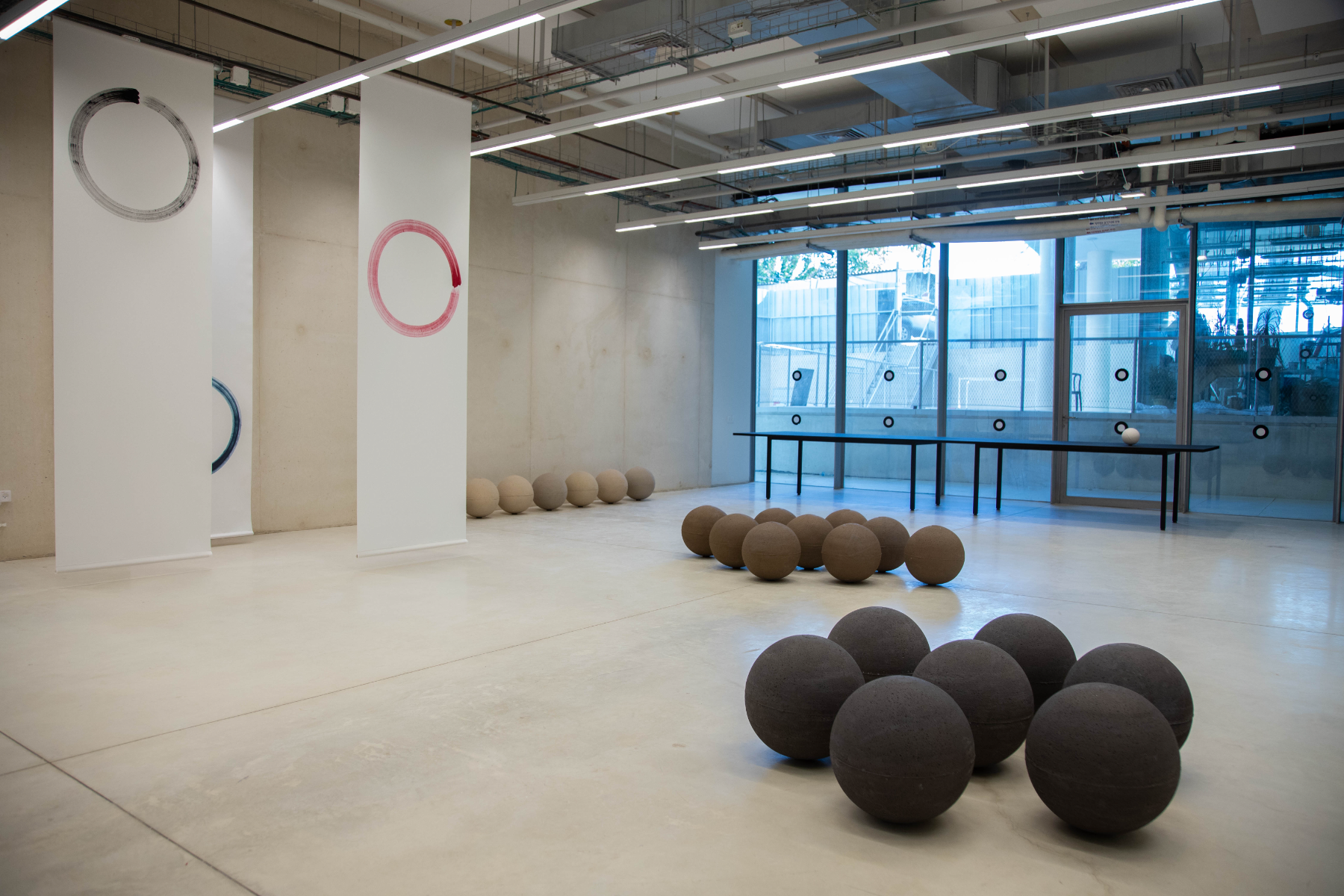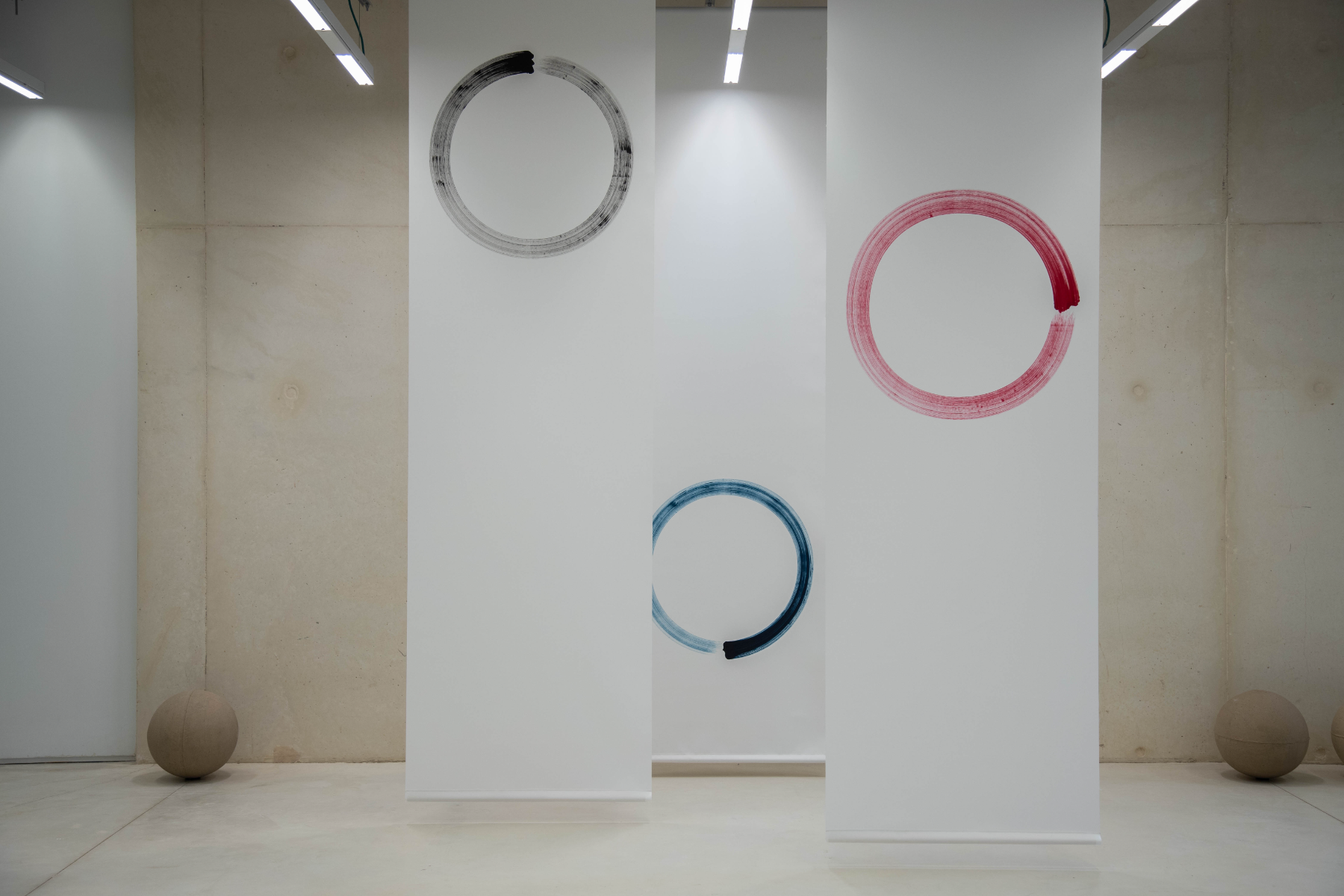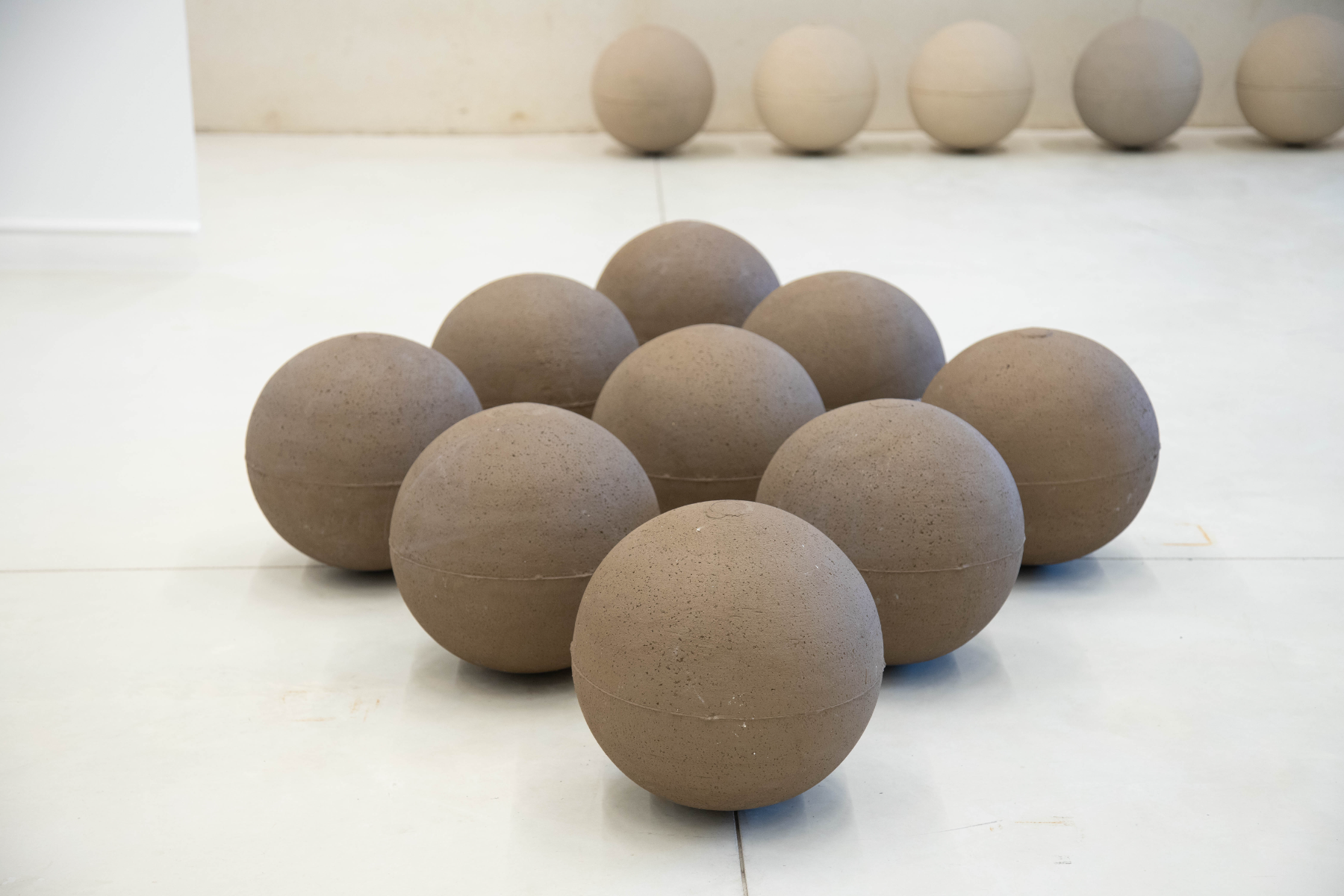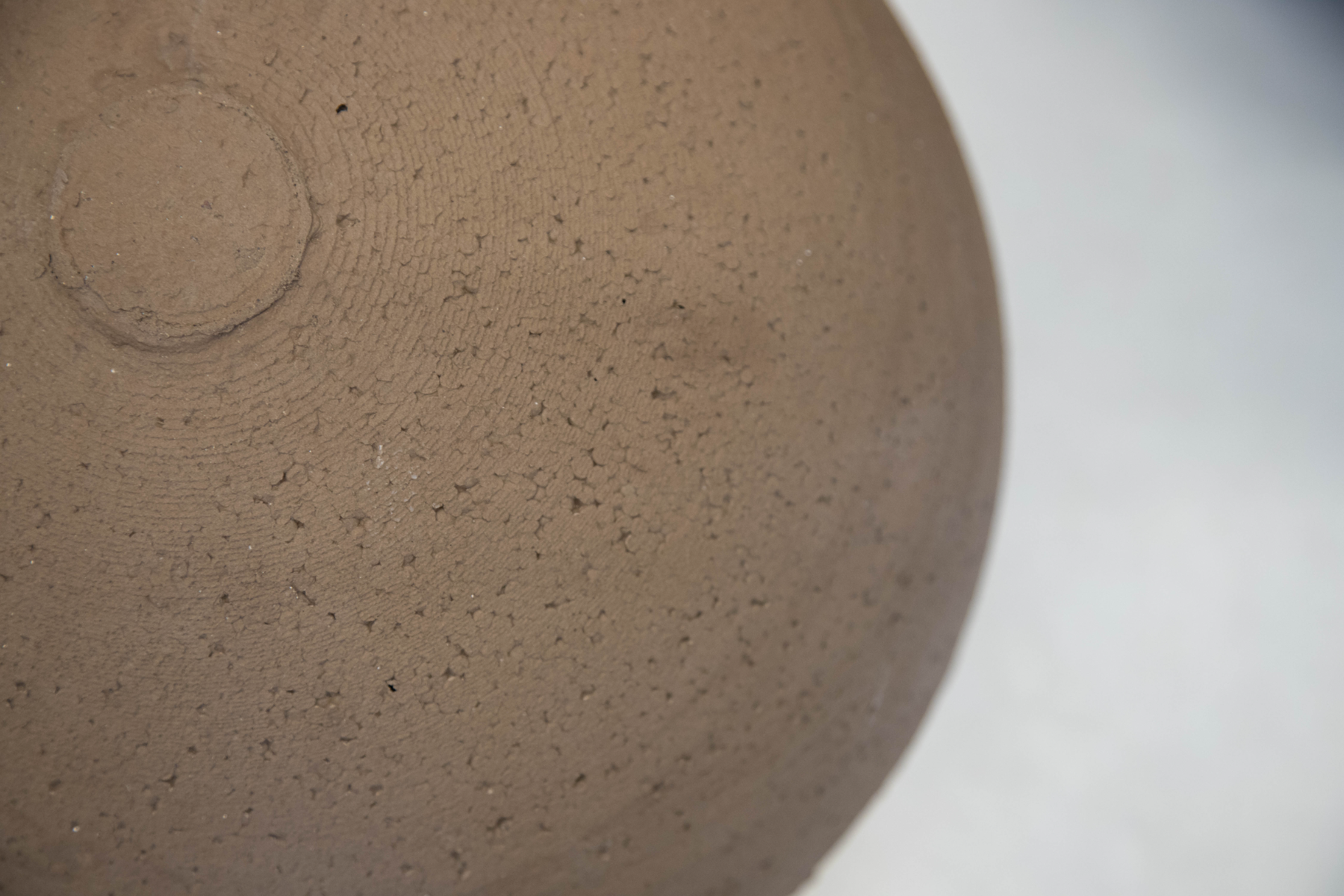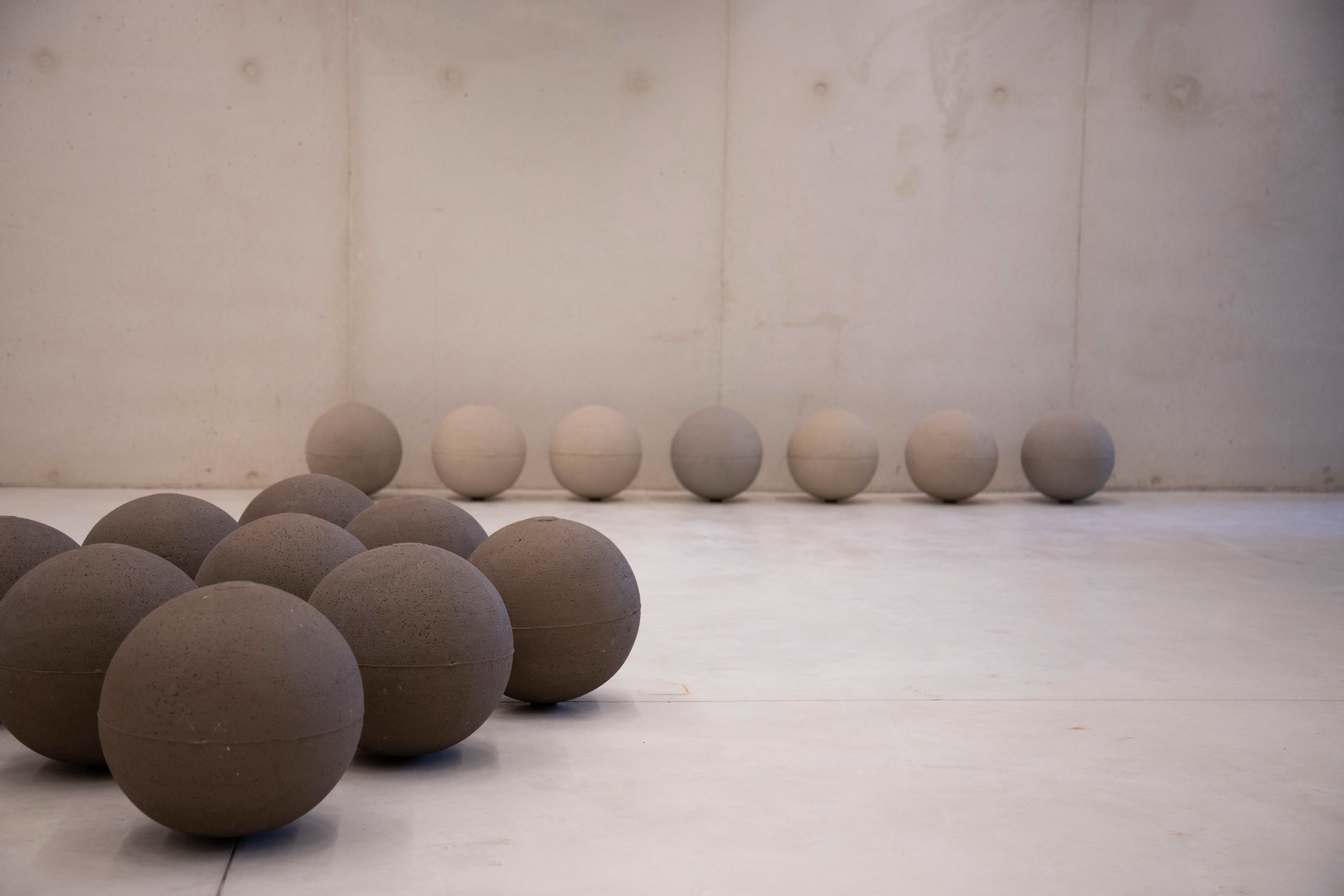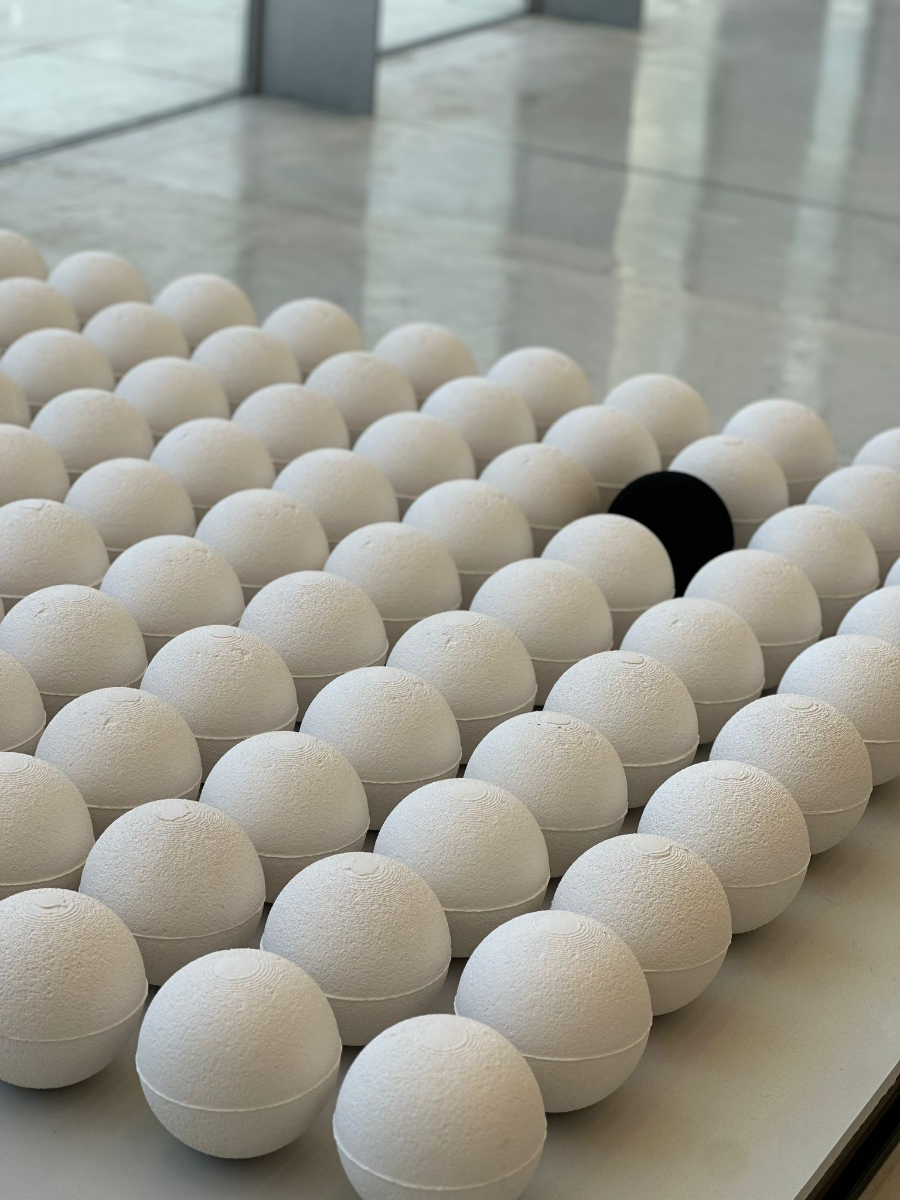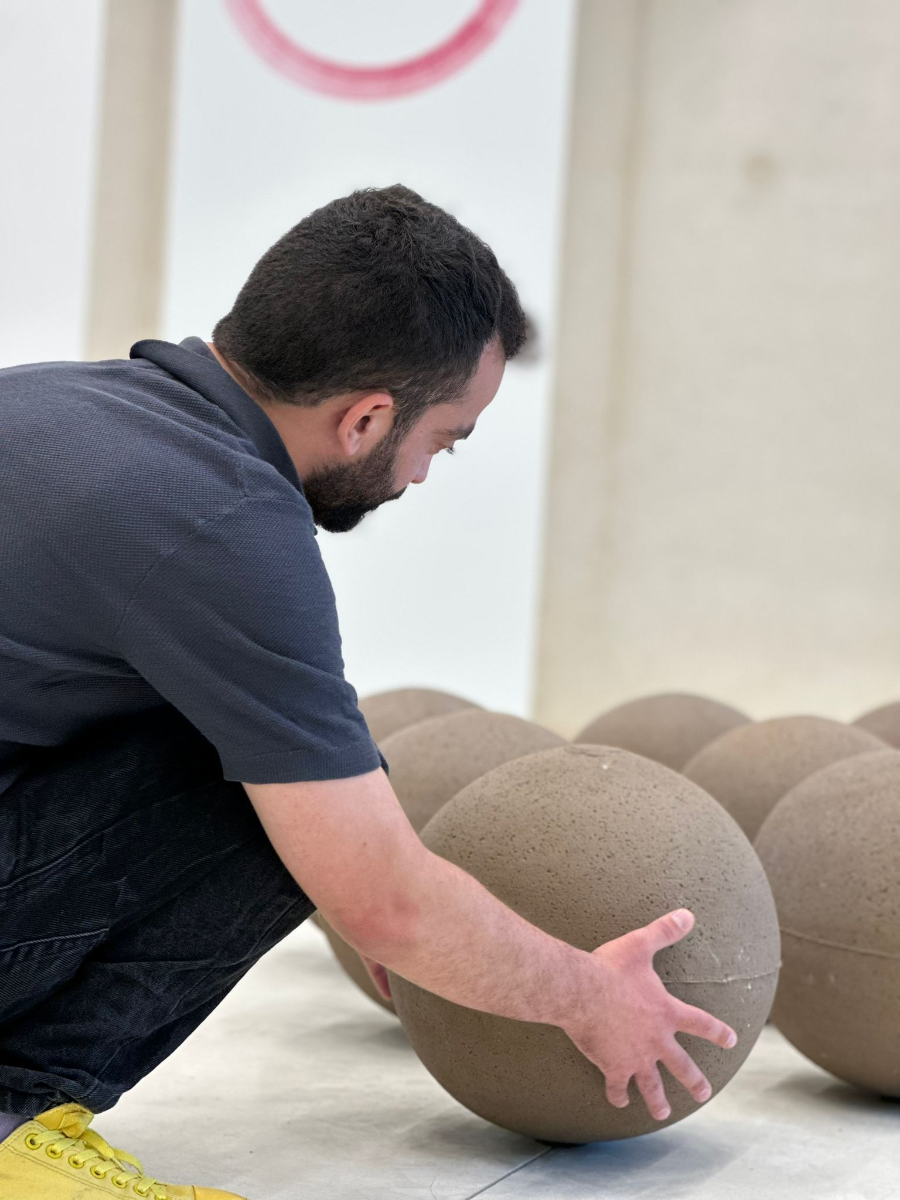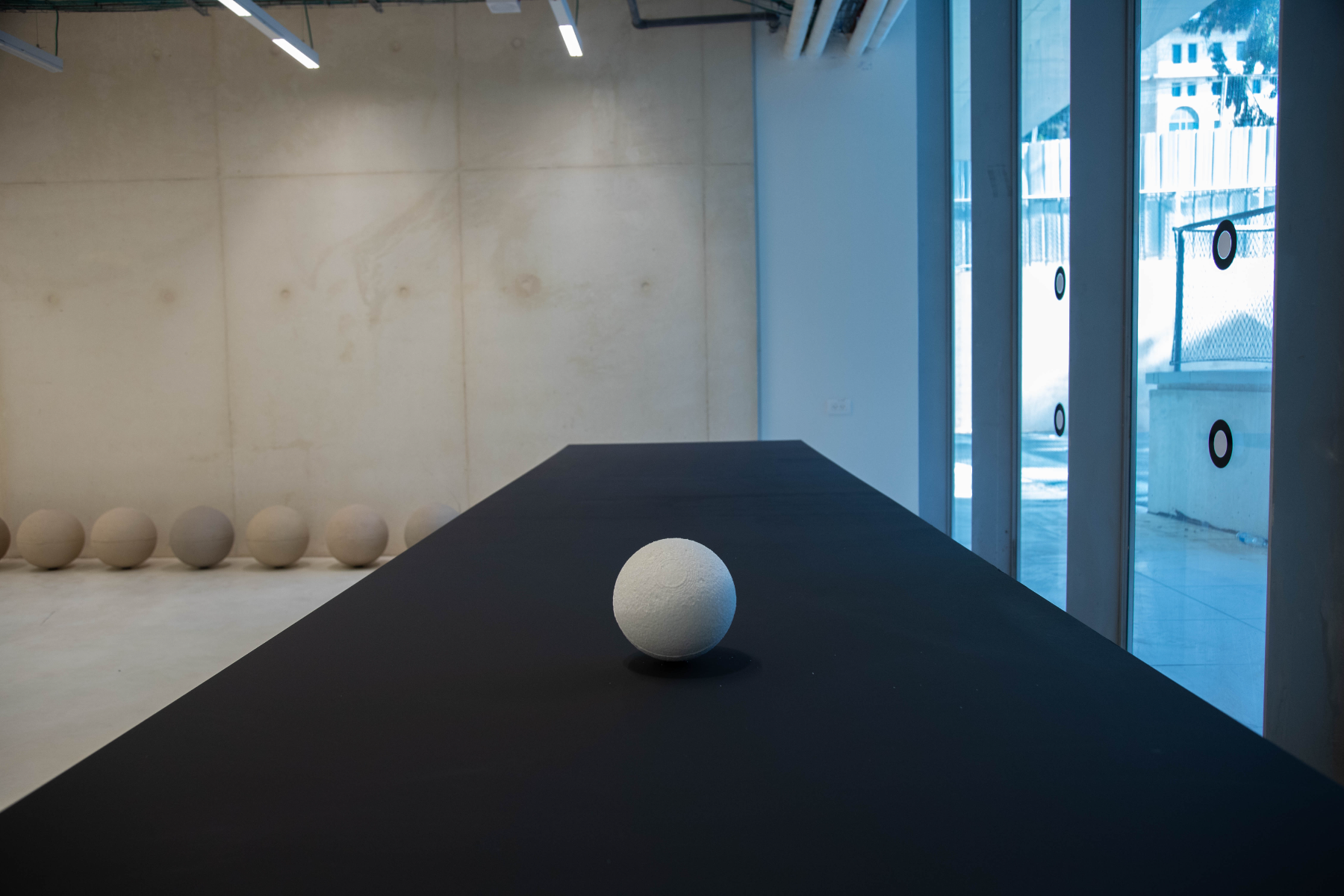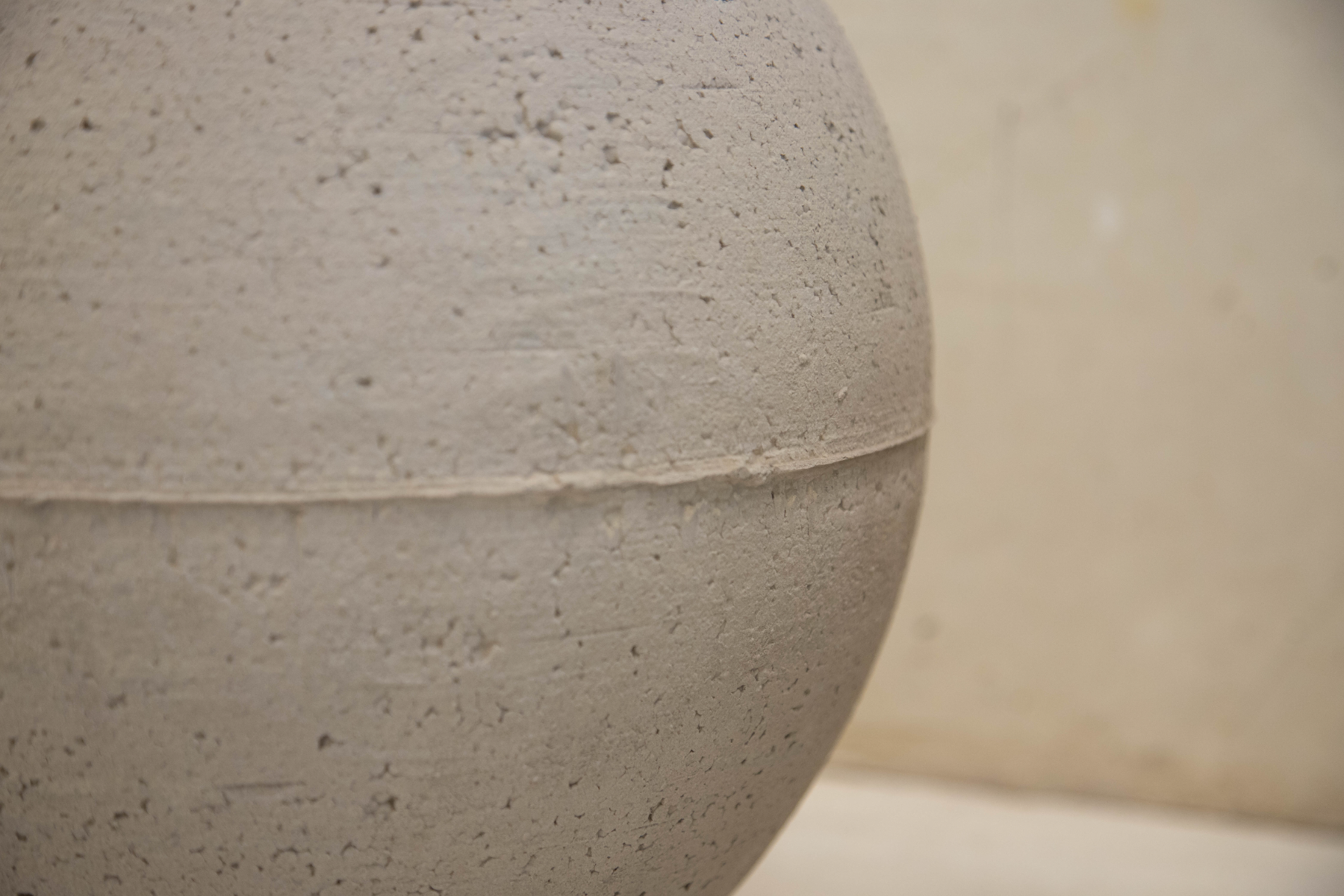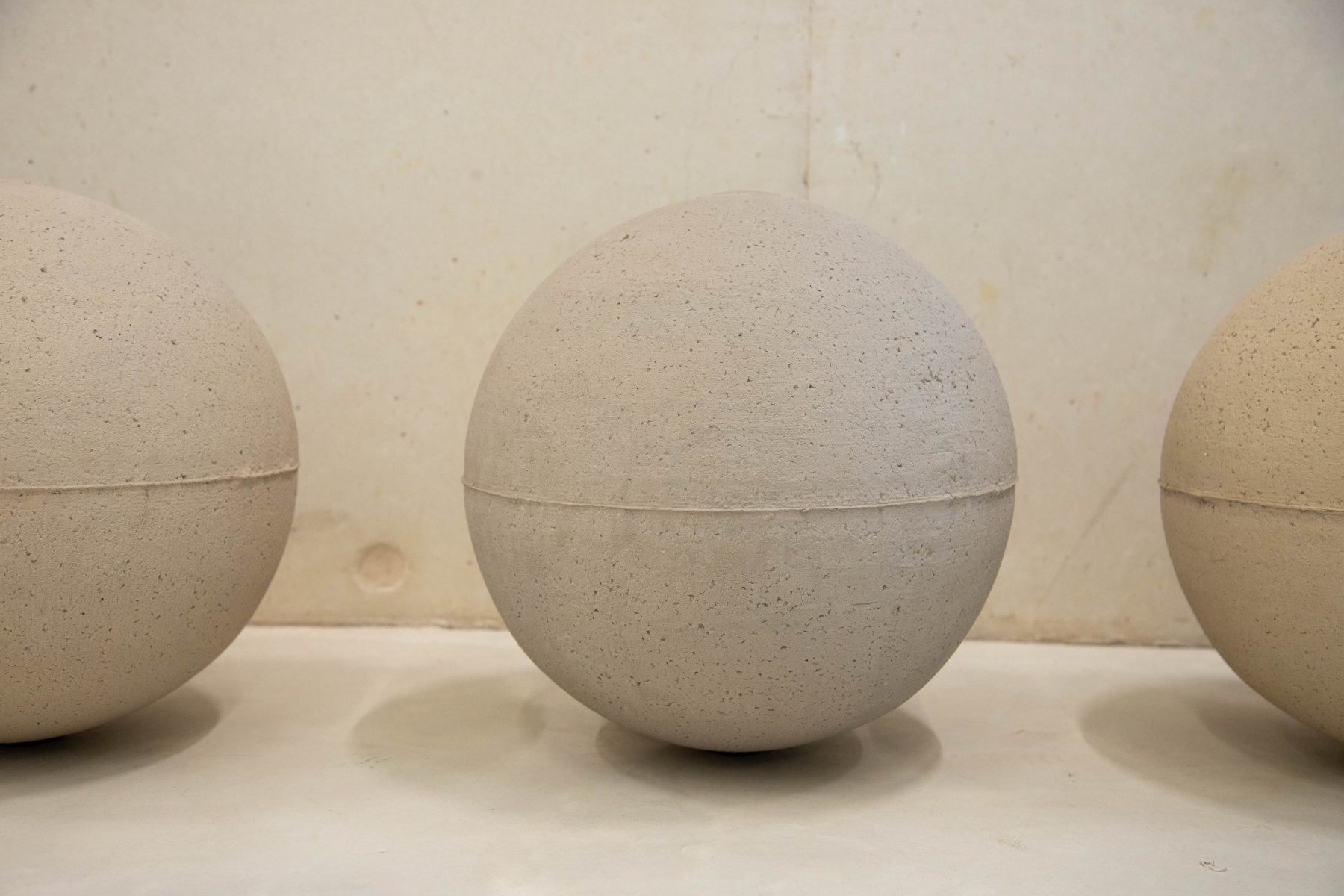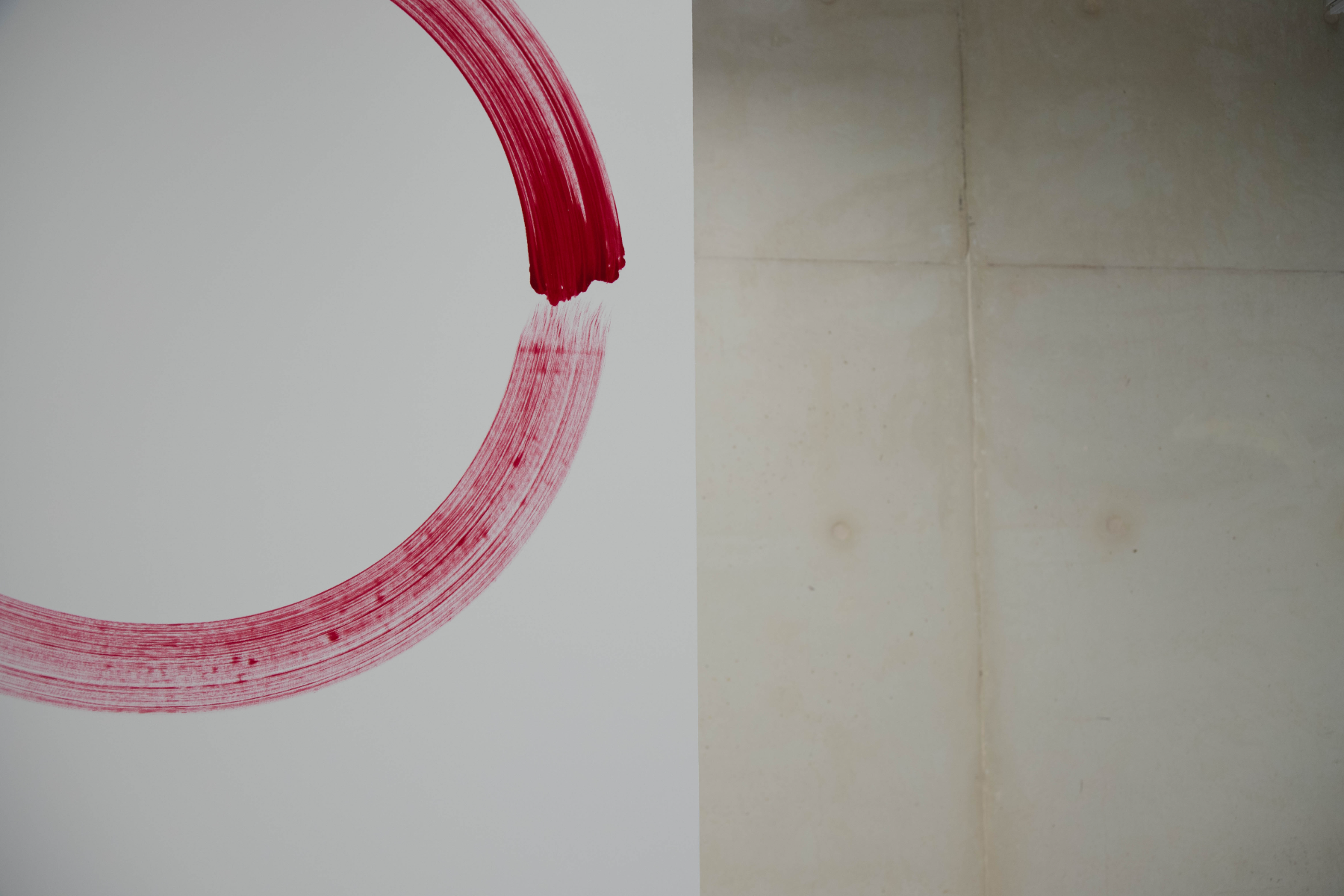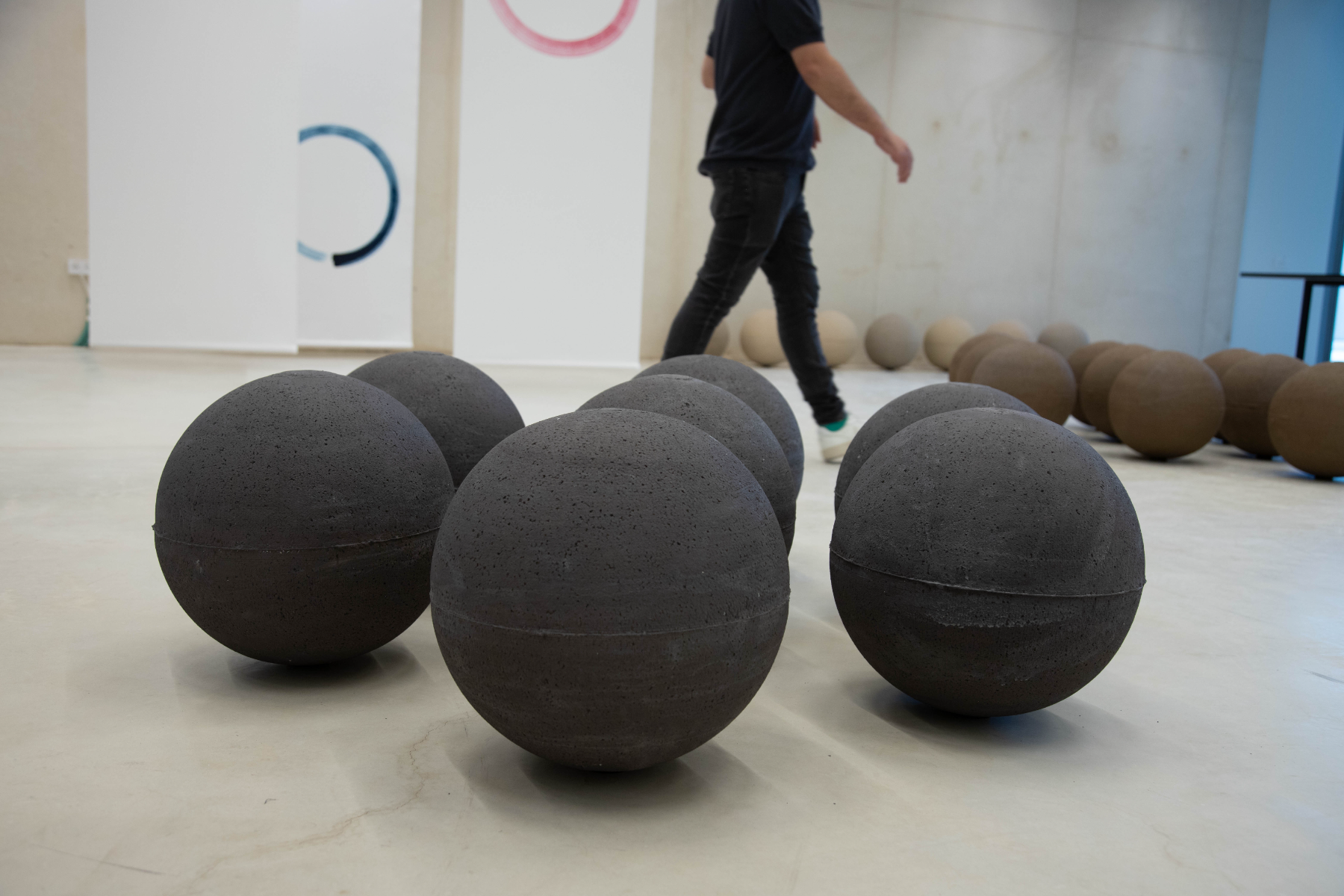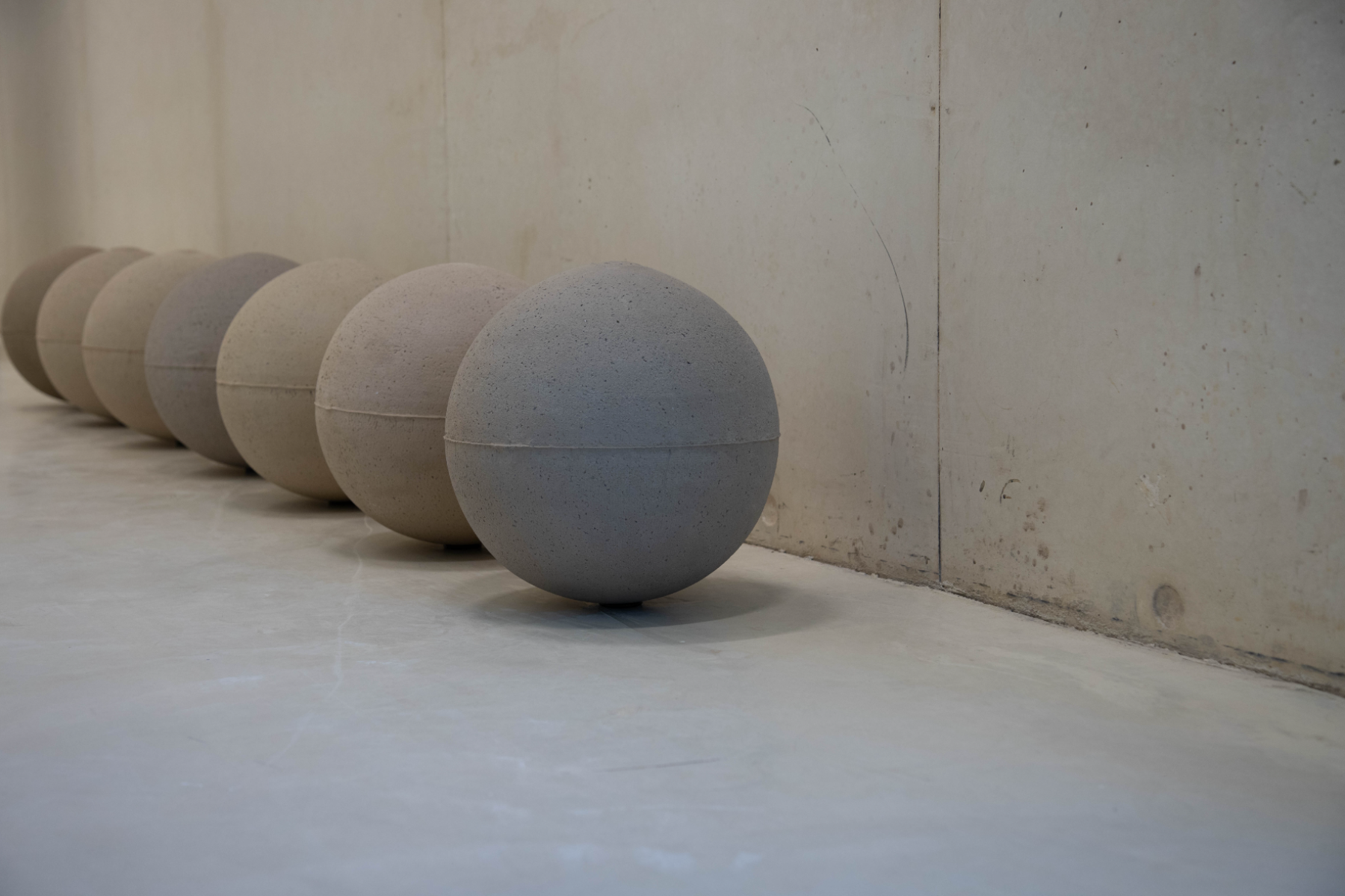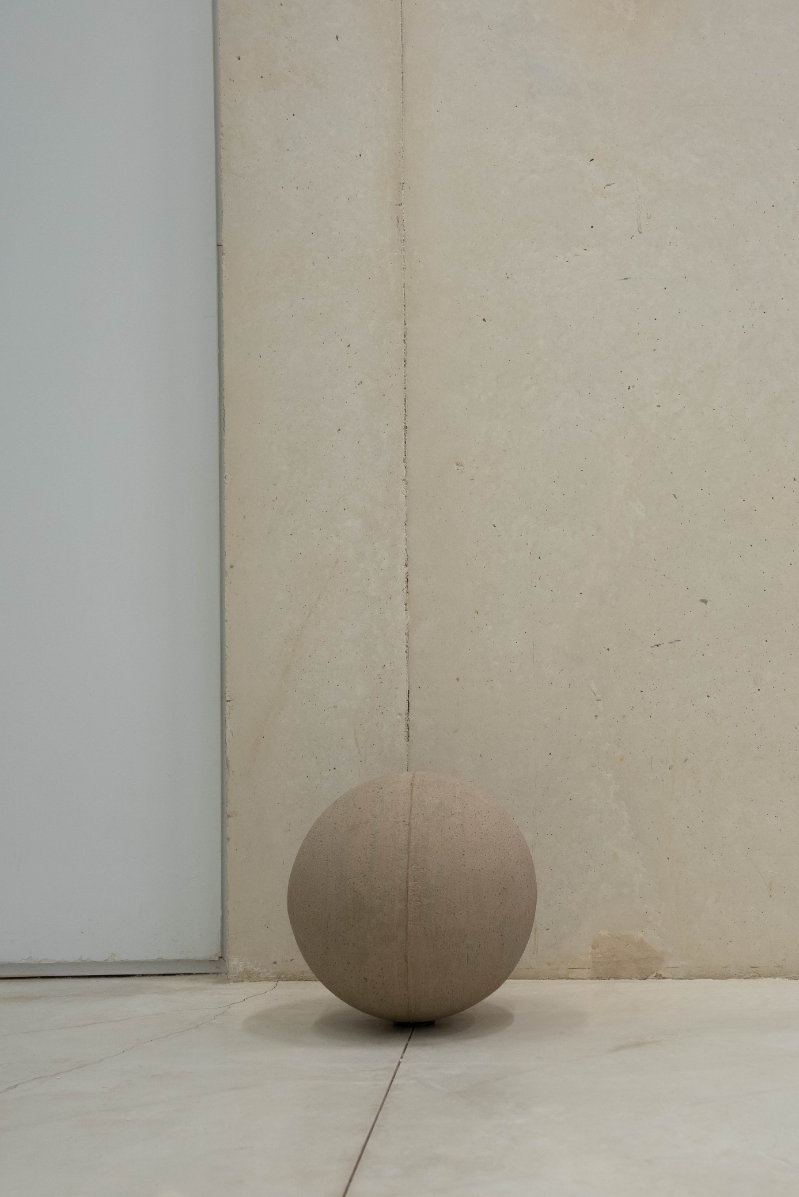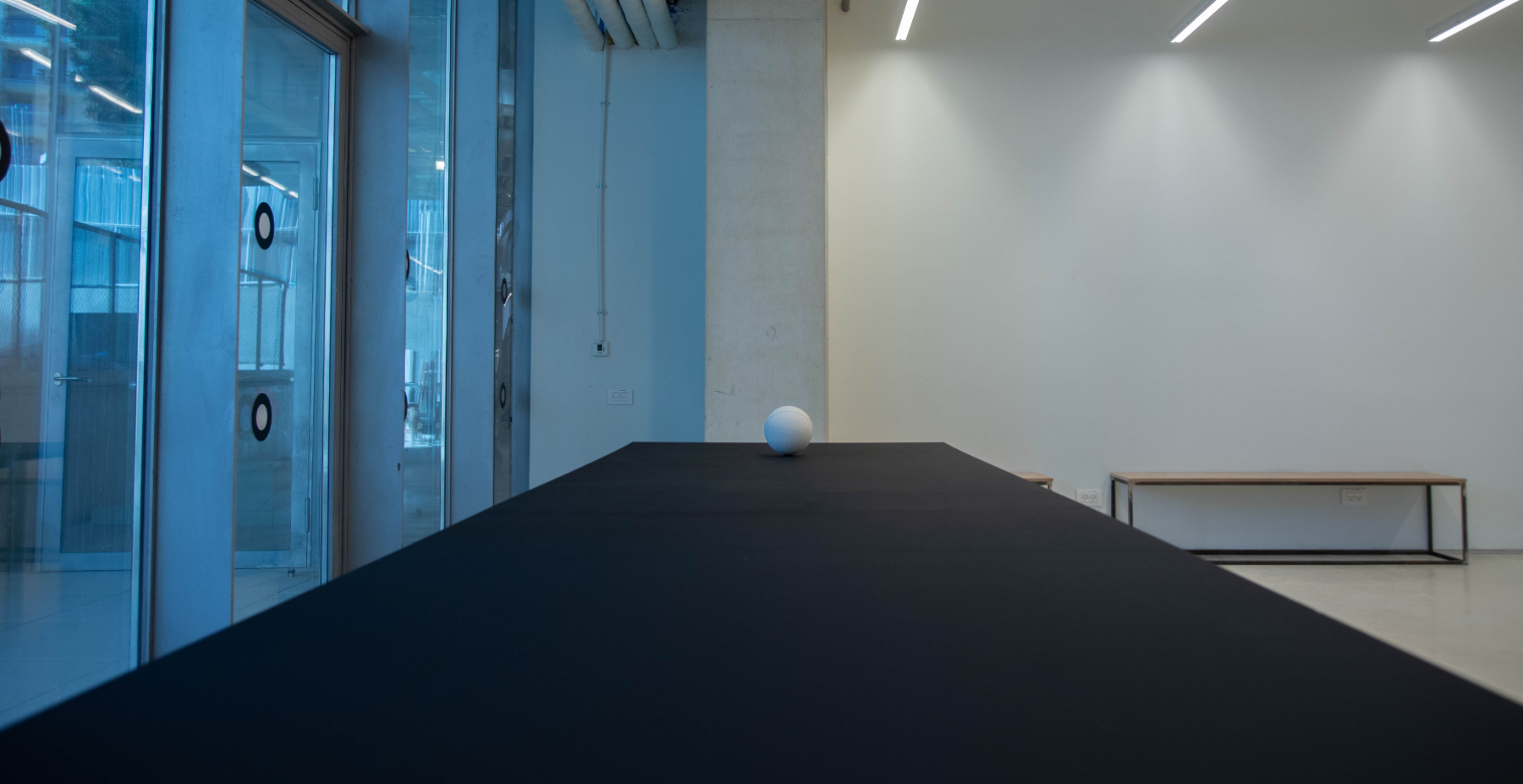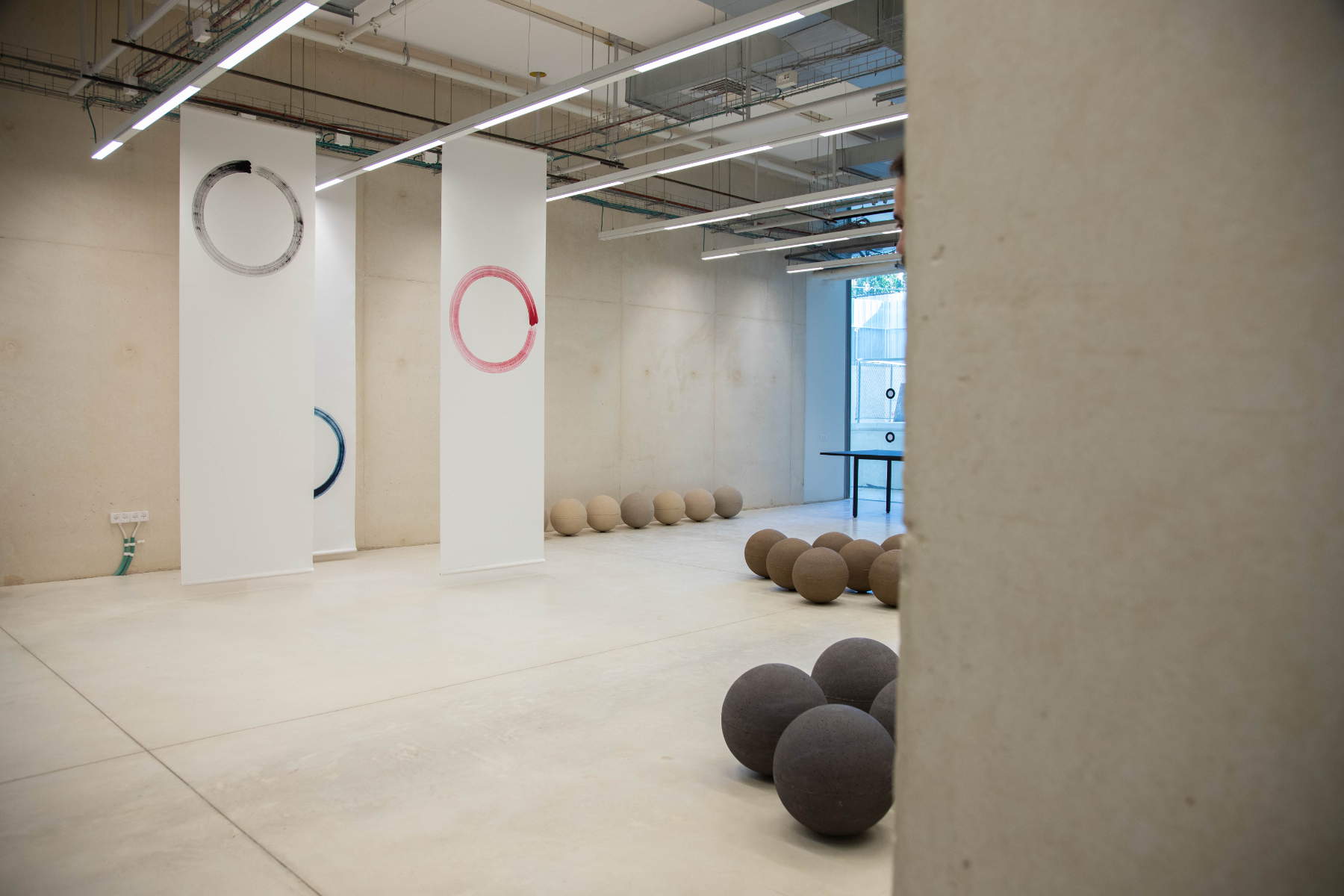Yitzchak Vaknin
Ceramics and glass design BFA & computer science Msc
Bezalel Academy of Arts and Design Jerusalem
Graduates: 2023
Specialisms: Ceramics / Digital Manufacturing / Design and Technology
My location: Jerusalem, Israel
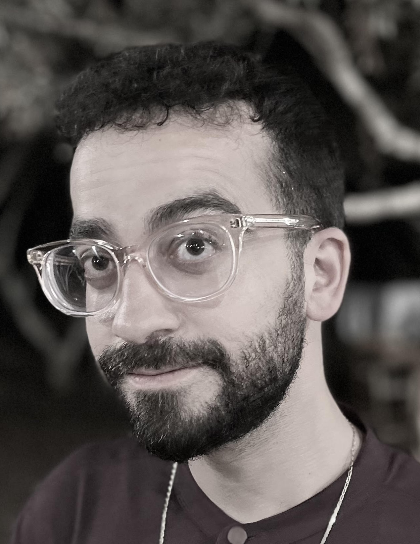

Yitzchak Vaknin

First Name: Yitzchak
Last Name: Vaknin
University / College: Bezalel Academy of Arts and Design Jerusalem
Course / Program: Ceramics and glass design BFA & computer science Msc
Graduates: 2023
Specialisms: Ceramics / Digital Manufacturing / Design and Technology
My Location: Jerusalem, Israel
Website: Click To See Website
About
"Intimate Grammar" is an artistic creation that weaves together the worlds of craftsmanship and digital technology. This work is rooted in the rich tapestry of scientific and mathematical events that have unfolded throughout history. It traces the path from these events towards the realm of philosophers' minds, while inviting viewers to ponder the dilemmas and paradoxes that occupy my thoughts on a daily basis. In this work, ceramic spheres take center stage, each bearing the signature of the production process: modeling, milling, and casting. Accompanying them are circular acrylic drawings on canvas, crafted by applying a manipulation on a robotic arm. Materials: Ceramics, Acrylic on Canvas Techniques: 3D modeling, Milling via a robotic arm and CNC, Slip casting, Drawing using a robotic arm. Background: Mathematics transcends mere numerical equations and delves into the abstract nature of reality itself. Back in the late 19th century, Georg Cantor played a significant role in establishing set theory, currently known as naive set theory. Indeed, its initial definition was basic and naive. Cantor’s definition was: “A set is a gathering together into a whole of definite, distinct objects of our perception or of our thought—which are called elements of the set.” This definition led philosopher and logician Bertrand Russell to raise the paradox known as "Russell's paradox" or, alternatively, "The barber paradox". In response to this and other paradoxes, leading mathematicians and logicians joined forces to define the concept of a set using an axiomatic system. In 1924, Stefan Banach and Alfred Tarski mathematically, meaning logically, demonstrated, based on one of these axioms, known as the "Axiom of Choice", that the following is derived: given a three-dimensional sphere, there exists a decomposition of this sphere into a finite number of disjoint parts. These parts can be reassembled through rotation and translation to form two spheres with the same volume as the original sphere prior to division, resembling a 'Creatio ex nihilo' in essence. These philosophical insights give rise to the claims made by thinkers like Nietzsche, who may argue that the gap between non-materialistic mathematical truth and our materialistic worldly experiences requires an aesthetic evaluation that embraces the vibrancy of life and enhances authentic self-expression. Merely focusing on facts and measurable data neglects the subjective aspects of human experience and the interpretive nature of knowledge. Consequently, the question arises for the fate of one who lives between the eras of Nietzsche and Russell. Will they ever reach peace of mind?
Competitions

